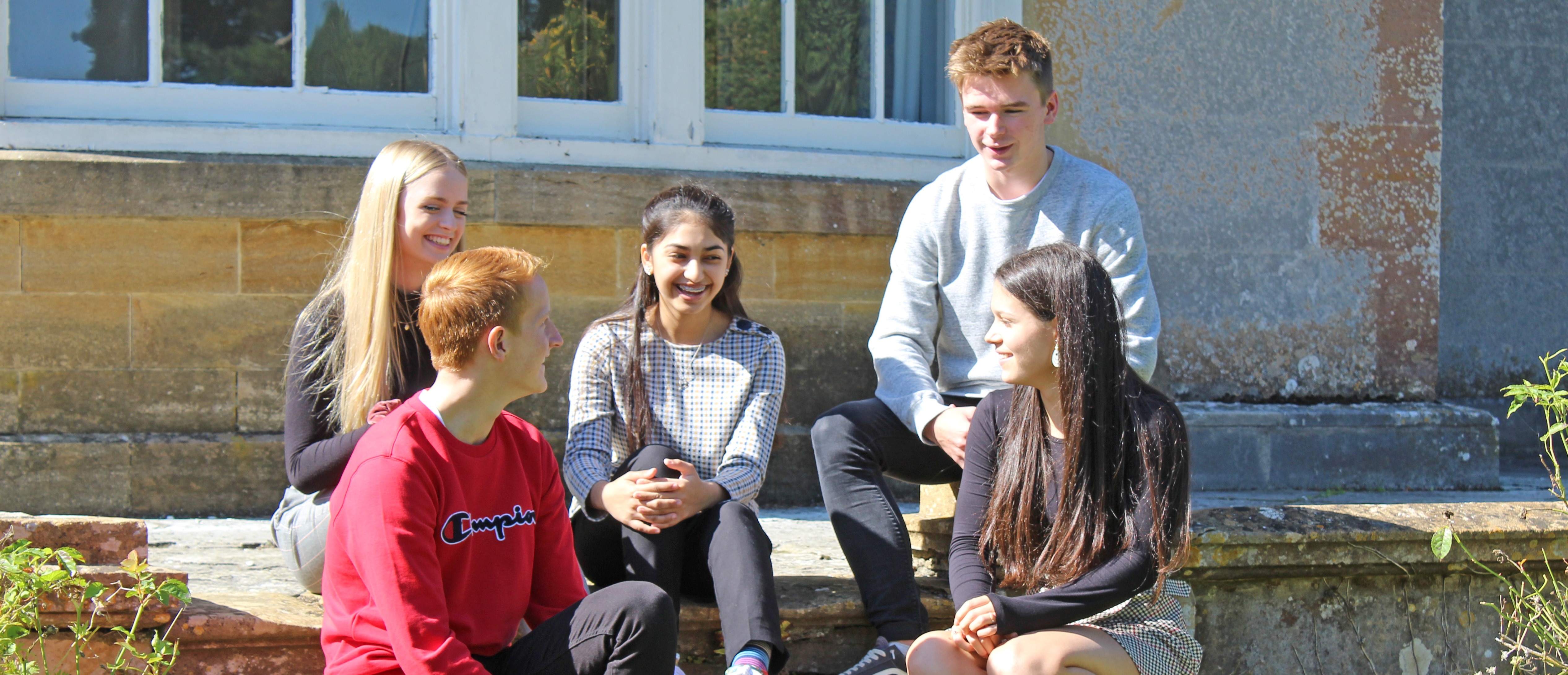My University Application
Mahrukh, a former student who left Leweston in 2021 has recently gained a place at the University of Manchester to study Medicine. Careers Advisor, Mrs Hutton and Head of Sixth Form, Mr Ryan-East, have given Mahrukh extensive support and guidance to help her achieve her goals. We hope others will be inspired by Mahrukh’s blog about resilience.

In 2020, I applied to four medical schools and despite interviewing at one of them, in the end I received rejections from all four. My statistics were all average compared to fellow applicants – average UCAT, predicted A*AA, relatively average GCSEs and a generic personal statement with little work experience. Given the highly competitive nature of the course, it did not come as a surprise at all that I was unsuccessful. This application cycle was particularly competitive as many medical school places had already been allocated to deferred students in the previous cohort, due to Covid. There was also a 21% increase in medical school applications, which would only grow in the following year. I was offered a place to read Biomedical Science at King’s College London, which I ultimately declined as I had decided to take a gap year and reapply for medical school with my achieved A Levels.
2021 was a difficult year. At this point, a large chunk of our A Levels had been disrupted due to Coronavirus lockdowns and online learning. In addition, the social restrictions meant it was near impossible to get any work experience in hospital settings. My main goal for summer 2021 was to prepare as best I could for the tough UCAT exam. Along with this, I was emailing every hospital/medical centre/GP surgery in the area desperately requesting for any clinical work experience to aid my application. Whilst most said no, I was thankfully accepted onto a few placements which was just about enough, as I also already had work experience from the year before. At this point I began volunteering at a Cardiac Rehab gym as well, which I did for 4 months. I sacrificed a lot this summer – my only focus was having the strongest application possible as I knew that competition for a place at medical school would only get harder. I was fixated on achieving a high UCAT score, as well as gathering different work experience, volunteering, wider reading, and extra curriculars to formulate a competitive personal statement.
On A Level results day, I achieved A*A*A which was a strong set of grades to reapply with, and I was pleased my efforts had paid off. I then sat the UCAT exam in early September. I was incredibly nervous as I knew this exam was of greater importance than my grades. Again, I was very relieved to find my hard work and sincere dedication had paid off as I achieved a high score, feeling more confident going forward. My next challenge was choosing universities strategically, as each had different aspects they gave varying significance to. I had to apply based on my strengths, and so after plentiful careful thinking I chose Manchester, King’s College London, Leicester and Southampton and submitted my application to UCAS in early October. Despite having left Leweston at this point I was supported by the school, who wrote an excellent reference and helped with the composition of the personal statement.
I received an interview invite from the University of Manchester early in December. As the interview was scheduled for early January, I spent a whole month on preparation. This was the next hurdle to overcome in the process, as there was a myriad of things to read up on and prepare. From current medical news, reflections from work experience, personal skills and qualities to roleplay stations, anything could come up so I had to know everything. Most medical school interviews follow the Multiple Mini Interview (MMI) format, meaning there are 7-8 stages which assess different things i.e. motivation for medicine, knowledge of the career, transferrable skills, and they are all scored separately to each other. They are designed to distinguish well-rounded applicants who show they are aware of the career and that they too possess the skills of a good clinician (communication, teamwork, leadership). It was hard to find people to practice with as I was no longer in school. However, both the careers adviser and Head of Sixth at Leweston gave up their own time and took the role of assessors, at an MMI in Sherborne, which then allowed me to join this event. This was incredibly helpful as I was familiarised with how these interviews work. After weeks of practicing with my parents as well, I eventually sat the interview and waited for the outcome.
I also received an interview invite from Leicester in late February and sat the interview in March. This did mean that I was still studying up till March in my gap year, which was not ideal in honesty. The number of applicants is so high relative to how many seats are available, so medical schools must give careful consideration to the candidates which explains why the process is so prolonged. I sat both interviews with the confidence that I had done everything I could have, and that I would treat them as formal conversations to come across as well as possible. Throughout the course of the next few months, I received offers to read Medicine at both universities. I felt proud, ecstatic and relieved that my consistent effort and dedication across many months had led to me finally achieving my dream of training to eventually become a doctor. 2022 was statistically the toughest year for medical school applicants: fewer than 16% of applications to study medicine and dentistry resulted in an offer this year – down from 20.4% in 2021.
